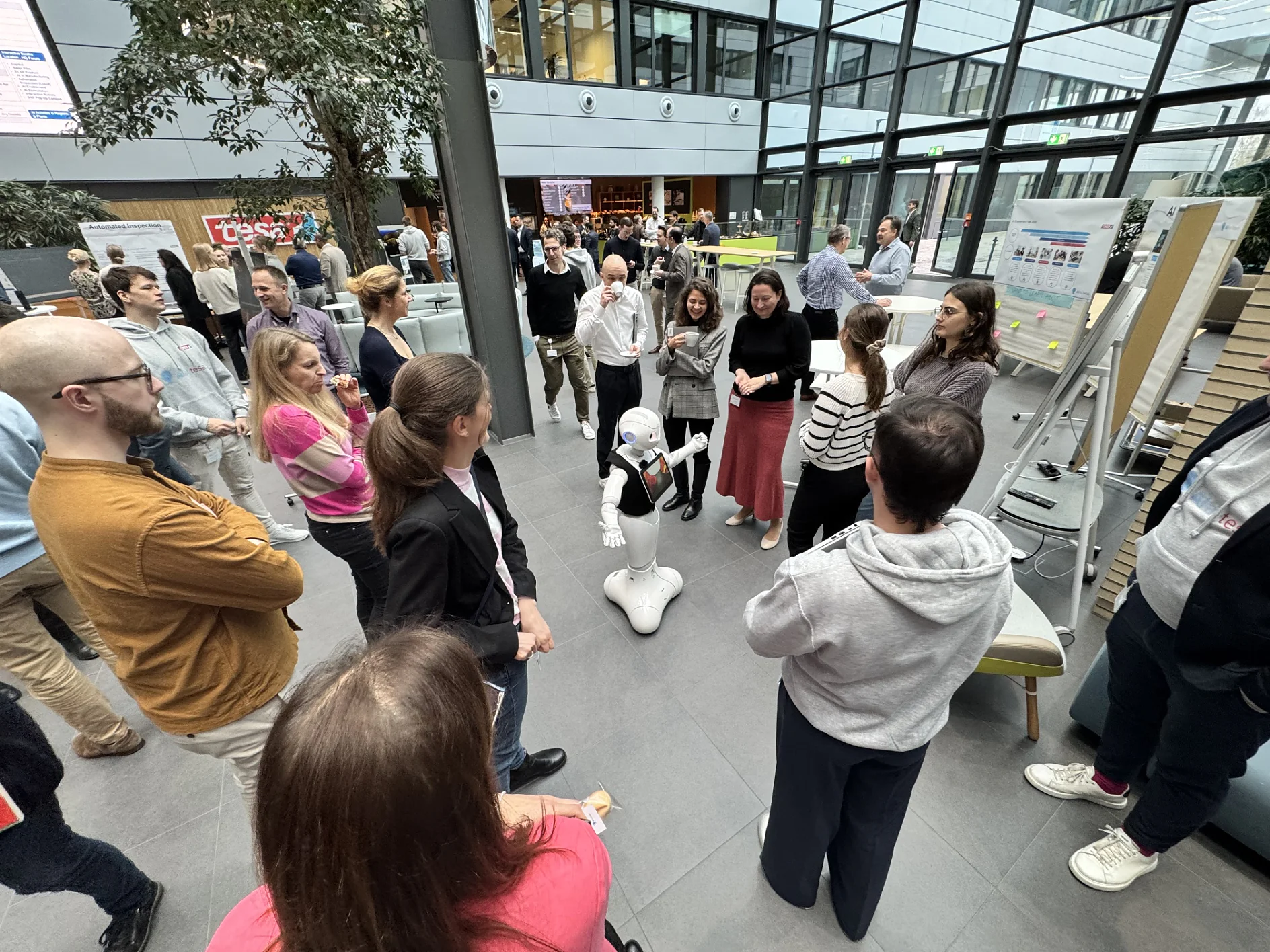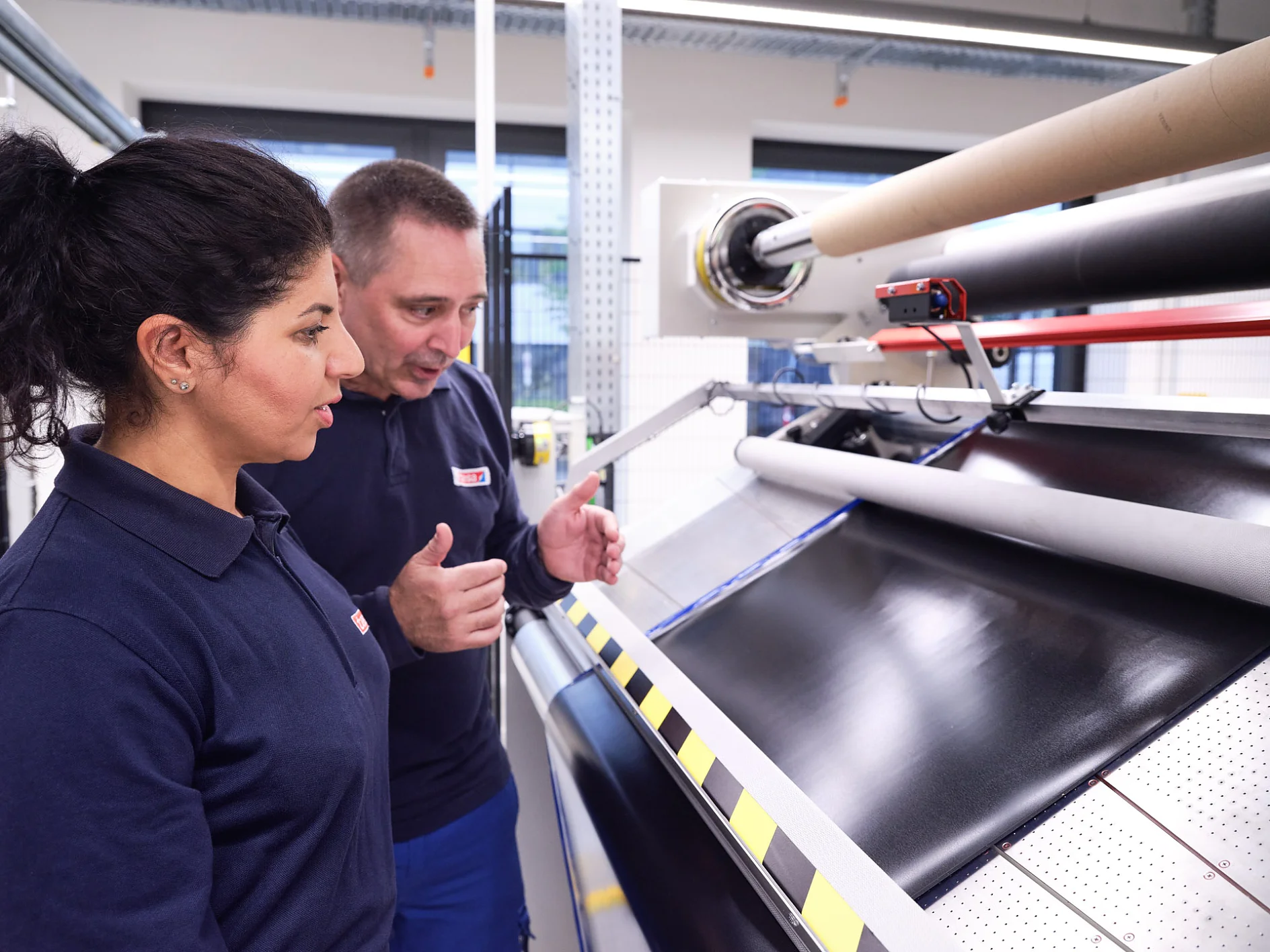Career starters work with knowledge from more than 125 years of company history, while leaders gain fresh perspectives. This environment helps tesa develop customer-oriented solutions faster and better—thanks to people who purposefully use AI as an innovation accelerator.
At tesa, the focus is on a fundamental mindshift: every employee becomes an AI pioneer from their very first day. The holistic AI enablement program goes beyond tools to create a new culture of innovation throughout the company..


